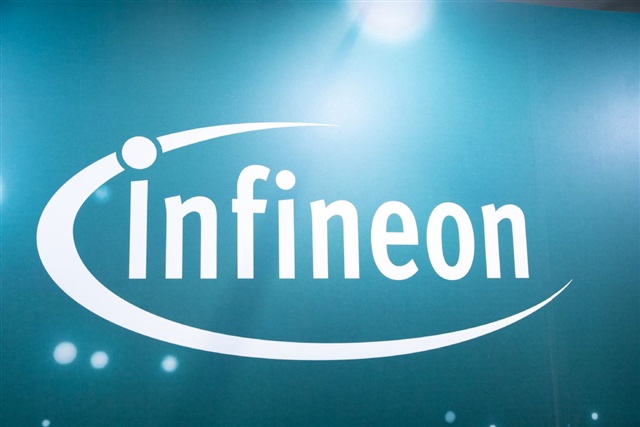Taiwanese chip manufacturer TSMC has announced a $100 billion investment in the United States, aiming to build five additional semiconductor facilities.
The plan was revealed by TSMC CEO C.C. Wei alongside President Donald Trump at the White House, highlighting efforts to reduce US reliance on Asian-made chips.
The expansion includes three new fabrication plants, two advanced packaging facilities, and a research and development centre.
Higher costs and regulatory approvals remain key challenges for TSMC, which has already faced delays at its first Arizona plant. Taiwan’s government is set to review the investment to ensure it aligns with national interests while keeping the most advanced manufacturing processes on the island.
TSMC has not yet disclosed which chip technology will be used in the new US facilities, though a second Arizona plant is expected to begin producing 2-nanometer chips in 2028.
The investment follows US government efforts to strengthen domestic semiconductor production under the CHIPS and Science Act. Trump officials have reportedly explored a deal for TSMC to take a stake in an Intel factory unit.
With billions in subsidies and tax incentives at stake, the investment reinforces the US push to secure semiconductor supply chains amid growing geopolitical tensions over Taiwan.
Stay up to date with the latest in industry offers by subscribing us. Our newsletter is your key to receiving expert tips.

Samsung is reportedly evaluating a potential European semiconductor expansion alongside its South Korea and US manufacturing base, as the region tightens local production requirements and Germany seek

Given frequent price increases across precious metals, wafer foundry services, and packaging and testing, Infineon's announcement of price increases is very telling for the market. The company wil

Nvidia has recently signaled to Samsung Electronics that it hopes to secure early deliveries of sixth-generation high-bandwidth memory, known as HBM4. At the same time, as memory makers devote an incr